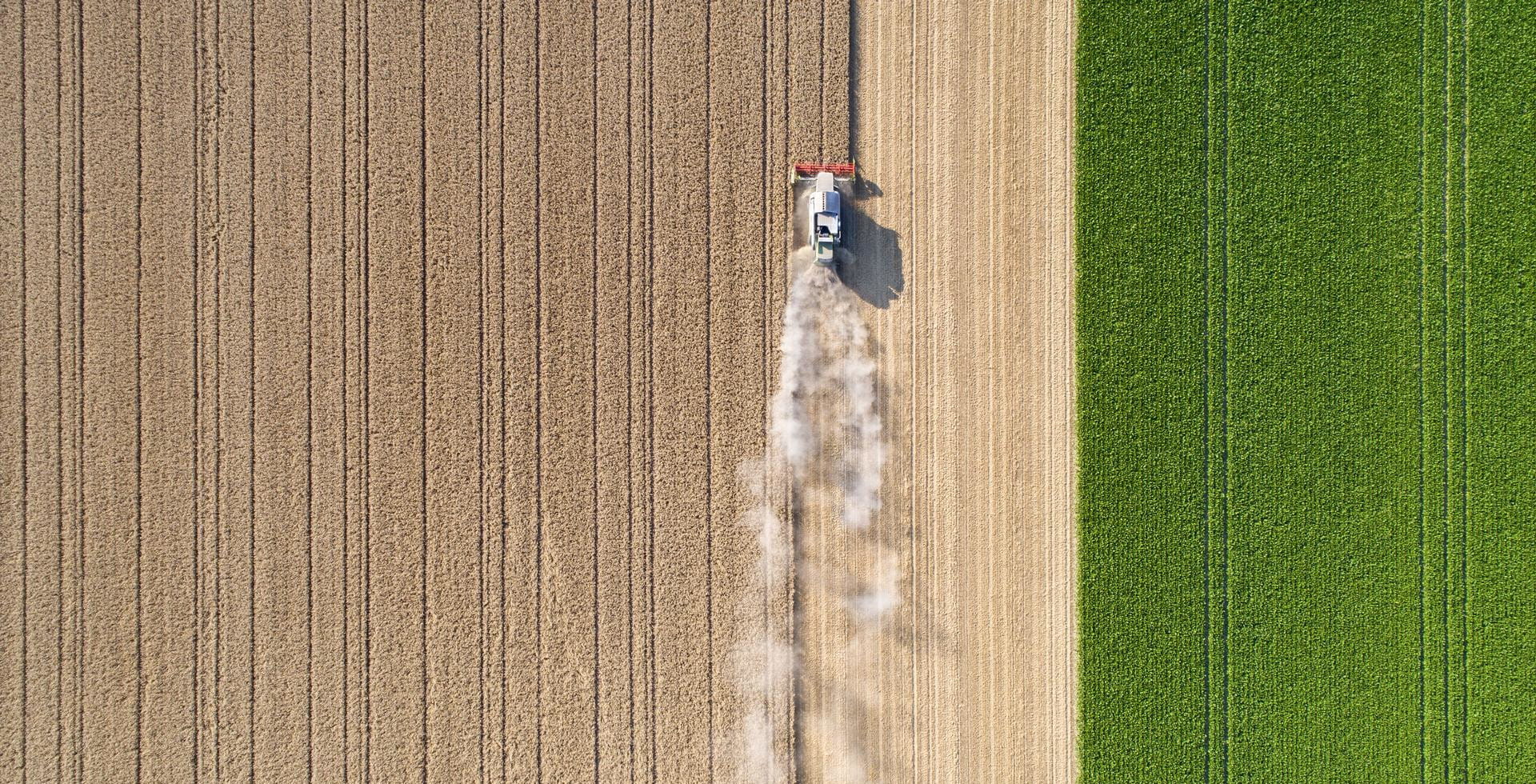Biodiversity | ~ 4 min read
Controlling pesticides: the new frontier in food security

The European Commission (EC) recently proposed to halve the use of synthetic pesticides by 2030 in a move towards a more sustainable food system. But new solutions are also needed.
Mankind has used pesticides to protect crops from insects and fungi for thousands of years. Their use accelerated in the decades after synthetic (chemical) pesticides were introduced in the 1930s. They can remain in soil and water for years,1 causing potentially harmful contamination to the food that arrives on our plates.
At the same time, there’s pressure to feed a growing population globally. Pesticides have significantly benefited crop cultivation and overall food security. But how can the food chain be made safer, particularly when climate change creates new challenges for farmers?
Addressing this question, the EC looks set to introduce its proposed regulation on synthetic pesticides before the end of the year2 as part of its wider Farm to Fork Strategy for greater resilience and security of food supplies.3
What will this EC proposal mean for food security?
The EU Parliament’s vote on the proposal to cut the use of synthetic pesticides by half could be the first step towards broader EU policy on pesticide reduction. But targets on pesticides are unlikely to solve the wider problems in our food system. Investment is needed in new solutions to ensure food availability and accessibility. This includes supporting the growth of existing crops without the use of stronger, and potentially more harmful, chemicals.
Alternative and safer options in the agricultural sector must also help farmers achieve the necessary yields in the context of rising temperatures and extreme weather events. Greater diversity of crops and the development of new genomic techniques are examples of potential solutions.4 For farmers, the affordability and availability of any new solutions will be critical.
While this proposed regulation is a start, the EC still has an important role to play in promoting and facilitating investment in new solutions for food security, and in shaping policy to prevent harmful practices and products that do not support the sustainable production of food.






